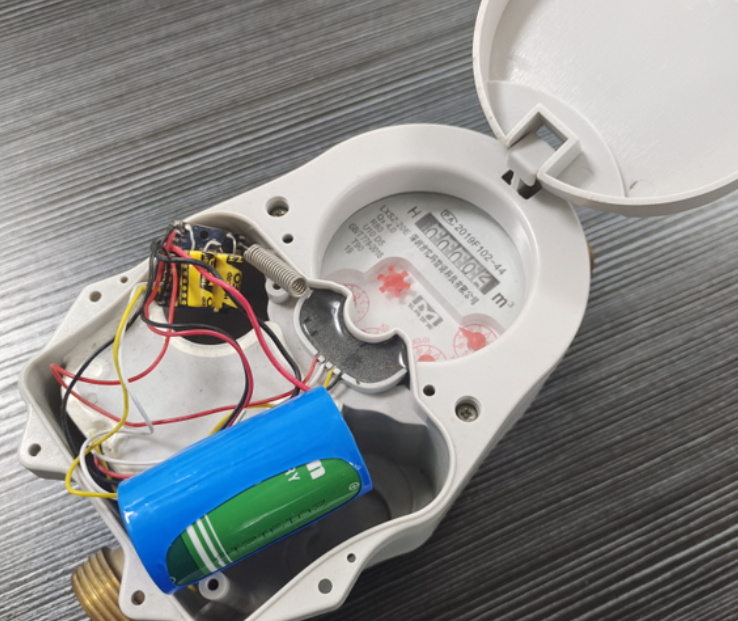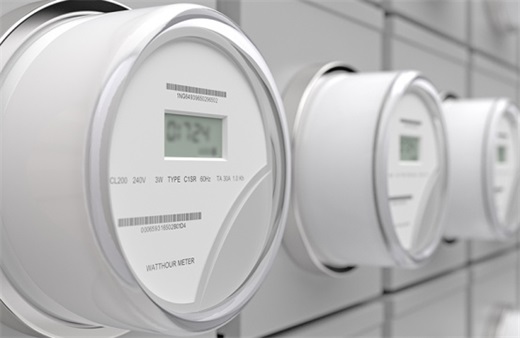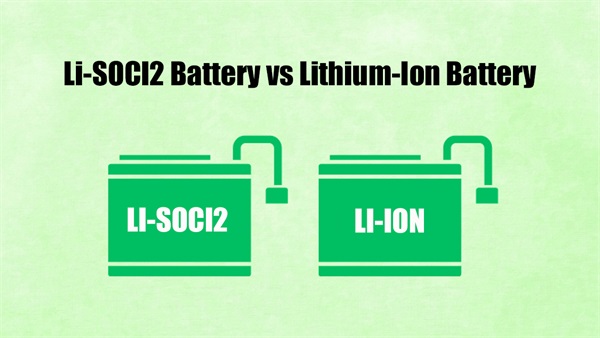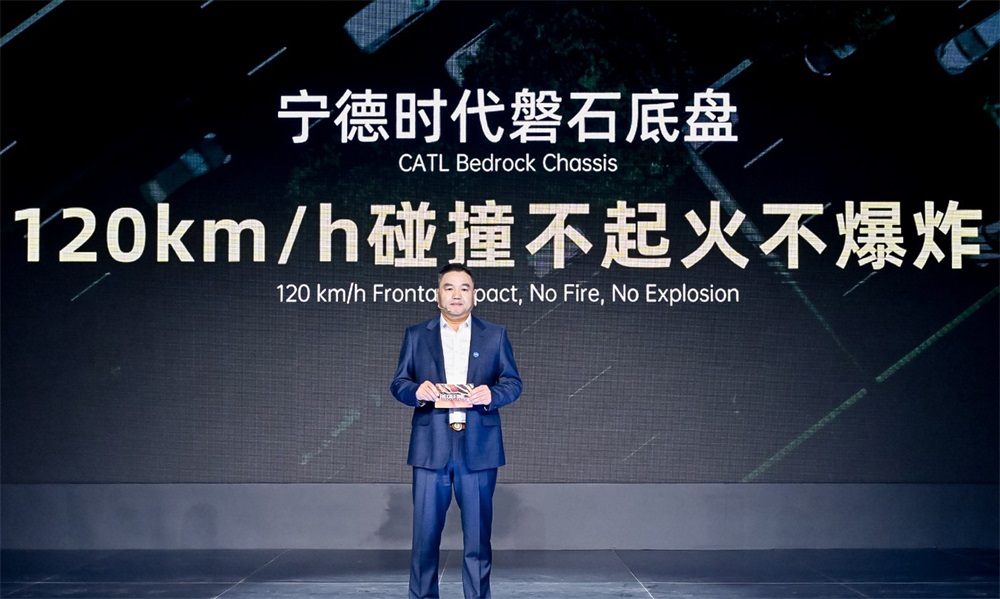Why are lithium thionyl chloride(Li-SOCl2) batteries ideal for smart meters?

With the widespread adoption and development of smart meters, battery technology plays a crucial role. Smart meters, which monitor and record data on electricity, water, and gas usage in real-time, require an efficient, stable, and low-maintenance power source. Due to the lithium-thionyl chloride (Li-SOCl2) battery's longest storage and service life, highest specific energy, and the widest operating temperature range (-55°C to +85°C), along with specially designed high-temperature batteries that can operate up to 150°C, it has become the preferred battery type for various smart meters. This article will explore in detail why Li-SOCl2 batteries excel in smart meter applications.
Long Lifespan and Low Maintenance Requirements
Smart meters often need to operate in remote, unattended environments for years, making battery lifespan and maintenance intervals critical considerations. One of the standout features of lithium-thionyl chloride batteries is their exceptionally long lifespan. Typically, Li-SOCl2 batteries can last over 10 years under optimal storage conditions, and they have a very low self-discharge rate. This makes them ideal for smart meters that need to operate continuously and reliably for extended periods. The long lifespan means that after installation, the battery does not need to be replaced for years, significantly reducing maintenance and operational costs.
High Energy Density for Continuous Power Supply
Lithium-thionyl chloride (Li-SOCl2) batteries have an energy density of up to 500 Wh/kg, which is much higher than many other battery types (e.g., lead-acid or nickel-metal hydride batteries). High energy density means that a relatively small battery can provide enough power, making it ideal for smart meters, which are often installed in confined spaces. This is especially important for smart water, electricity, and gas meters, which need to operate efficiently without taking up excessive space. The high energy density ensures that the meter remains powered for a long time without increasing size or weight.
Stable Discharge Characteristics
Smart meters require stable and precise power supply to ensure accurate data collection and transmission. Lithium-thionyl chloride (Li-SOCl2) batteries are known for their stable discharge curve, where the voltage remains relatively constant for most of the battery’s life, only dropping significantly when the battery is nearly depleted. This characteristic makes Li-SOCl2 batteries ideal for smart meters, as they provide consistent voltage output, avoiding data errors or device malfunctions caused by voltage fluctuations.
Adaptability to Extreme Temperature Environments
Smart meters may be deployed in a variety of environments, including extreme temperatures, humidity, or harsh weather conditions. Lithium-thionyl chloride (Li-SOCl2) batteries can operate stably in temperatures ranging from -40°C to +85°C, making them ideal for smart meters in complex or extreme environments. Whether installed in cold underground pipelines or hot outdoor locations, Li-SOCl2 batteries provide reliable power, ensuring that smart meters function properly in challenging temperature conditions.

Low Self-Discharge Rate, Ideal for Long-Term Use
Lithium-thionyl chloride (Li-SOCl2) batteries have an exceptionally low self-discharge rate, meaning they retain most of their charge even when unused for extended periods. This feature is critical for smart meters, especially those installed in hard-to-reach places where they might not be used or maintained for long periods. The low self-discharge rate ensures that smart meters are ready for use even after being idle for extended durations, without the concern of the battery running out of charge.
High Reliability and Durability
Smart meters are often installed in inaccessible locations and face environmental challenges such as vibration, moisture, and corrosion. Li-SOCl2 batteries, with their durability and high reliability, can operate stably under these harsh conditions. Their resistance to vibration and corrosion enables them to function effectively in complex environments, ensuring that the smart meters continue to perform efficiently under long-term and challenging conditions.
Suitable for Single-Use with No Frequent Replacement
The power requirements of smart meters demand batteries that can provide stable energy for long periods without frequent replacement. Li-SOCl2 batteries, being primary (single-use) cells, are designed for long-term operation without the need for frequent battery changes. Many smart meters are installed in difficult-to-access locations, such as underground chambers or inside building walls, where replacing the battery regularly would be cumbersome. Lithium-thionyl chloride (Li-SOCl2) batteries' high energy density and long lifespan reduce the need for such maintenance, allowing the smart meter to function over a long duration without the need for regular battery changes.
Environmental Friendliness
While Lithium-thionyl chloride (Li-SOCl2) batteries contain some unique chemicals, they are more environmentally friendly compared to other types of batteries (such as those containing harmful materials like nickel or lead). Li-SOCl2 batteries are more recyclable, and unlike lead-acid or cadmium-based batteries, they do not contain heavy metals that can harm the environment. This makes them a more sustainable choice for applications where environmental impact is a concern.
Lithium-thionyl chloride (Li-SOCl2) batteries, with their long lifespan, high energy density, stable discharge characteristics, wide temperature range, low self-discharge rate, and high reliability, are the ideal choice for smart meters. These advantages allow Li-SOCl2 batteries to provide durable, stable power in various demanding environments, meeting the long-term, low-maintenance power requirements of smart meters. As the application of smart meters continues to expand, Li-SOCl2 batteries will play an indispensable role, becoming a key technology in modern smart grids and IoT applications.

